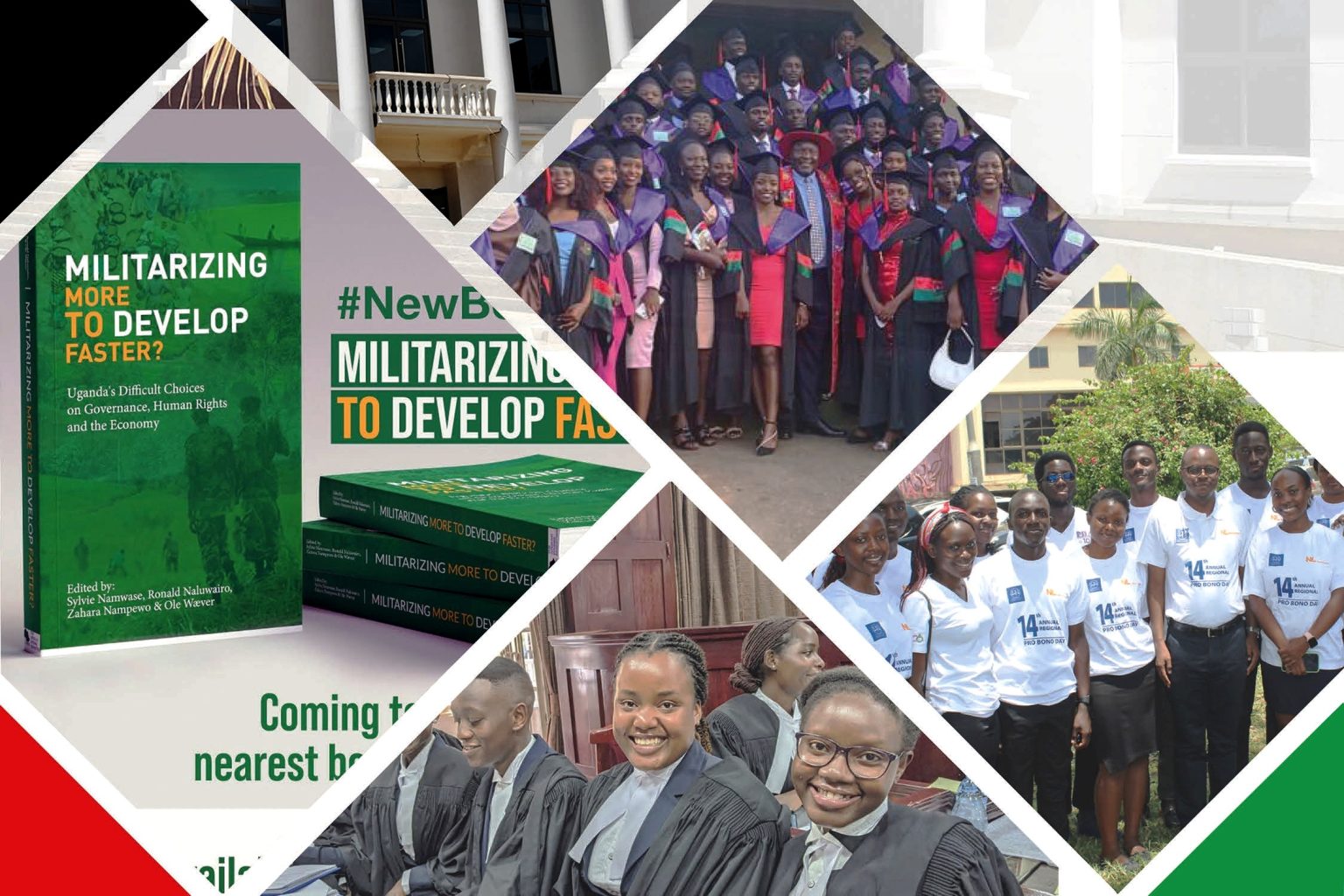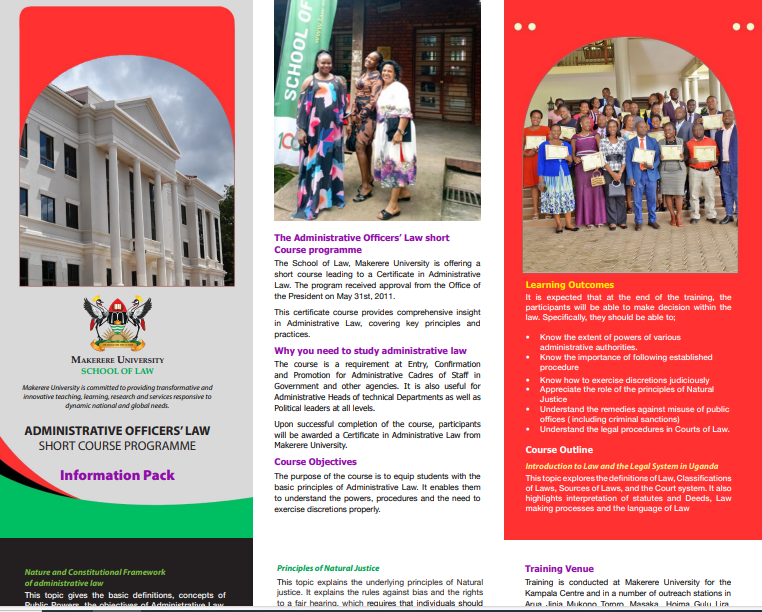School Of Law To Start Courses In Extractive Industry
Plans are underway for the School of Law to start courses in the extractive Industry. During a regional consultative meeting held at the School recently, it was revealed that the region was spending big sums of money sending staff abroad to take on courses in the extractives.
A dialogue of experts from the region that convened at the School of Law noted that as citizens, it was our responsibility to ensure that the resources were exploited for economic, social transformation of the people.
Under the stewardship of Dr. Maria Nassali, a Lecturer at the School of Law, with support from the Ford Foundation, efforts to initiate training programs are in advanced stages.
The experts came together to share views on the best way to approach the design of the courses. It was proposed that the courses that are tailored to persons working in the area be made short to allow less time off work, to address general issues in Oil and Gas, and generally cover the foundations, intermediate and specialized areas.
According to Mr. Phillips Obita from Uganda National Oil Company, Oil and Gas is a multisectoral industry and has impact in all areas including revenue, transport and infrastructure and therefore advised that the courses ought not to target particular disciplines. He said Uganda has been sending the staff to international institutions in the USA and UK and welcomed the idea by the School of Law to start home grown programs that will benefit many people.
The experts noted that there was need to train lawyers knowledgeable in varied subjects in addition to the general knowledge of Law citing areas like the law of Contracts, Land Acquisition, Environmental issues as well as the regional dynamics. The lawyers needed were those who are multi-disciplinary, and able to link theory to practice and able to work with people outside the legal profession.
The teaching methodology was also proposed to be targeted to mature persons that have little time and this would include pedagogies like Continuing Legal Education, and short courses.
Among the identified areas that needed capacity building were legal knowledge, reforming the legal framework, developing regulations technical expertise in appreciation of different frameworks, business such as contracts and how to help Governments and other clients negotiate international contracts



